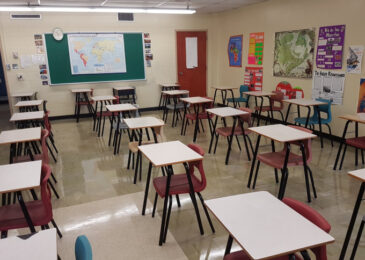Media release: Faculty members reject offer from Dalhousie Board of Governors
Media release: More than 95% of the members of the Dalhousie Faculty Association have voted to reject the offer made by the Dalhousie Board of Governors during conciliation last week.







